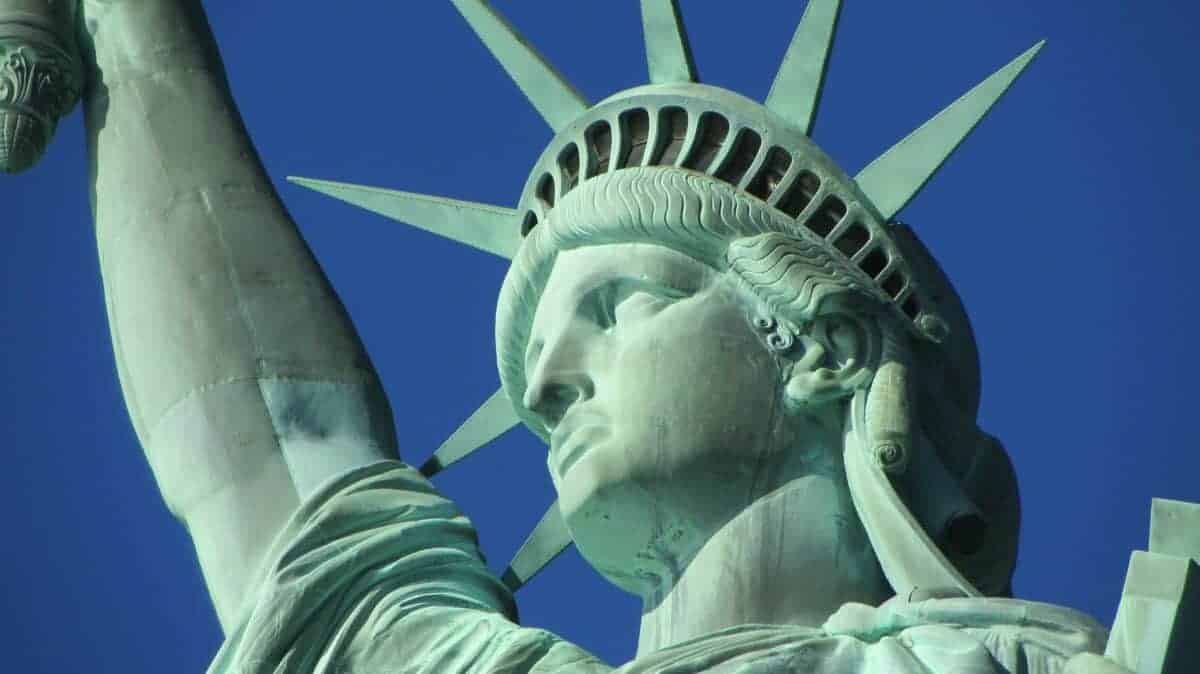Trump Deploys National Guard to Chicago Amidst Rising Tensions
US President Donald Trump has authorized the deployment of National Guard troops to Chicago following a federal agent's shooting of an allegedly armed motorist. This action comes as a federal judge blocked the president's attempt to send troops to Portland, Oregon, intensifying the legal and political battles between the White House and Democratic-led cities.
Chicago and Portland: New Battlegrounds
White House spokeswoman Abigail Jackson confirmed that 300 National Guardsmen would be deployed to Chicago to protect federal officers and assets. She stated, "President Trump will not turn a blind eye to the lawlessness plaguing American cities." This move follows similar deployments to Los Angeles and Washington, raising concerns about the militarization of American streets.
Legal Challenges and Political Condemnation
In Portland, US District Judge Karin Immergut blocked Trump's attempt to send troops, ruling that his determination was "untethered to the facts." Immergut found that the protests in Portland did not constitute a rebellion and that regular law enforcement could handle the situation without military intervention. Oregon Senator Ron Wyden celebrated the judicial victory, supporting Oregonians' rejection of federal troop provocations.
Escalating Crisis and Accusations of Authoritarianism
The escalating crisis represents Trump's increasingly militarized anti-crime and migration crackdown, drawing accusations from Democrats of an authoritarian power grab. Illinois Senator Dick Durbin condemned the deployment as a "shameful chapter in our nation's history," driven by fear rather than crime prevention. Federal raids featuring masked, armed men in unmarked vehicles have targeted residential neighborhoods and businesses, sparking widespread protests.
Details Surrounding the Chicago Shooting
The Chicago shooting occurred during Operation Midway Blitz, when federal agents reported being boxed in by 10 vehicles. According to Department of Homeland Security (DHS) assistant secretary Tricia McLaughlin, agents fired defensive shots at an armed motorist after exiting immobilized vehicles. However, Chicago Fire Department spokesman Larry Merritt stated that the wounded motorist reached the hospital in fair condition, contradicting DHS claims that she drove herself.
Reactions and Future Implications
The events in Chicago and Portland have sparked widespread debate about the appropriate role of federal intervention in local law enforcement. Critics argue that Trump's actions are an assault on constitutional limits, while supporters maintain that they are necessary to restore law and order. The deployment of troops and the legal challenges raise serious questions about the balance of power between the federal government and state and local authorities, leaving Americans questioning the future of civil liberties and federalism.
 Visit the website
Visit the website






